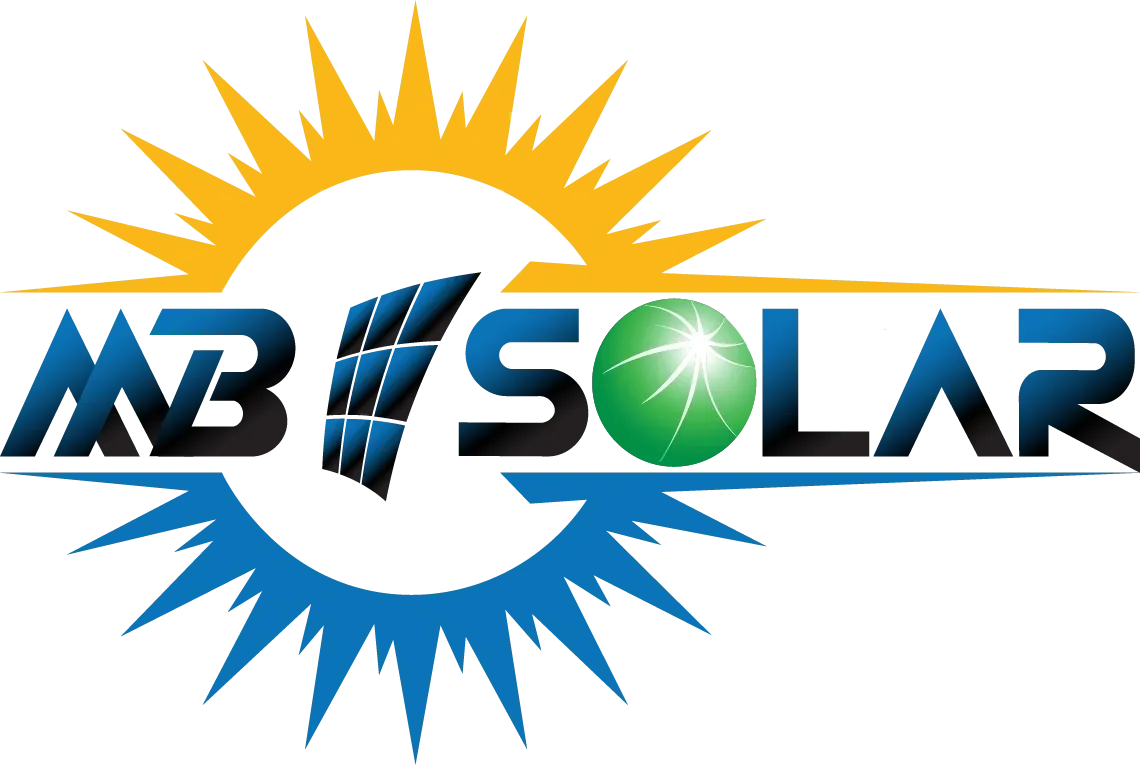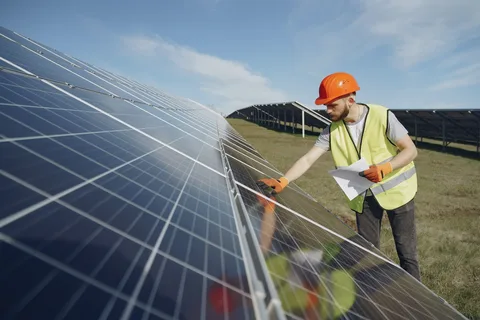Solar electricity has become an increasingly popular choice for owners and companies trying to lessen their carbon footprint and decrease energy costs. While sun panels are designed to be lengthy-lasting, ordinary inspections are essential to make certain of their efficiency, safety, and longevity. Solar inspections help detect troubles early, optimize energy manufacturing, and save you potential hazards. In this guide, we’ll explore why solar inspections are important and provide useful suggestions to ensure the safety and performance of your solar system.
The Importance of Solar Inspections
1. Ensuring System Efficiency
One of the number one reasons for ordinary solar inspections is to maintain the system’s efficiency. Over time, dust, particles, and technical malfunctions can lessen the performance of your solar panels. Regular inspections assist in perceiving those problems and maintaining your machine at its first-rate.
2. Enhancing Safety
Electrical structures, consisting of solar strength setups, can pose safety risks if not nicely maintained. Faulty wiring, broken components, or overheating can cause electrical fires or electrocution risks. Routine inspections make certain all machine additives are in right working order, decreasing the risk of accidents.
3. Extending Lifespan
A well-maintained solar gadget can closing 25 years or more. Regular inspections assist stumble on minor problems earlier than they become main troubles, ensuring that your machine remains useful for its full lifespan.
4. Compliance with Regulations
Many regions have guidelines requiring sun systems to be inspected periodically to ensure they meet safety and performance standards. Keeping up with inspections ensures compliance with nearby codes and can save you from felony or coverage-associated problems.
5. Maximizing Financial Savings
Solar panels are a good-sized investment, and their efficiency at once impacts your return on funding. Inspections help maximize your power financial savings with the aid of preserving your system strolling at top performance and decreasing the risk of highly-priced upkeep.
Key Components of a Solar Inspection
A complete solar inspection has to cover more than one aspect of your device. Here are the important components that need to be checked:
1. Solar Panels
- Check for cracks, discoloration, or physical harm.
- Remove dust, dust, leaves, and chicken droppings that could block sunlight.
- Inspect for symptoms of capacity degradation or hotspots that could have an effect on overall performance.
2. Wiring and Electrical Connections
- Ensure that each one wiring is intact and nicely insulated.
- Look for signs of wear and tear, corrosion, or free connections.
- Verify that grounding and bonding are efficaciously hooked up to prevent electric hazards.
3. Inverter Performance
- Check if the inverter is operating efficaciously and efficiently converting DC to AC strength.
- Look for messages indicating mistakes or caution lights indicating system malfunctions.
- Ensure the cooling machine is practical to prevent overheating.
4. Battery Storage System (if relevant)
- Inspect battery terminals for corrosion or unfastened connections.
- Monitor battery-free degrees and verify general overall performance.
- Ensurethe right ventilation and safety mechanisms are in location to prevent overheating.
5. Roof Mounting and Structural Integrity
- Verify that mounting brackets and bolts are stable.
- Look for signs and symptoms of rust, water leakage, or structural weak spots.
- Ensure the sun array is firmly connected and not shifting due to wind or weather situations.
6. Performance Testing and Monitoring
- Compare real power manufacturing to anticipated output.
- Check for inconsistencies in strength technology.
- Use a monitoring software program or apps to musicthe real-time system overall performance.
Tips for Maintaining Solar System Safety & Efficiency
To keep your solar panels running correctly, comply with these satisfactory practices:
1. Schedule Regular Inspections
It is usually recommended to have a professional sun inspection at least once a year. However, in case you notice performance drops, unusual noises, or physical harm, timetable an inspection without delay.
2. Keep Panels Clean
Dust and bird droppings can block sunlight and reduce performance. Clean your sun panels with a tender brush, water, or an expert cleansing provider at least two times a year.
3. Monitor Energy Production
Use sun-tracking systems or apps to track your system’s strength output. Sudden drops in efficiency can also imply issues requiring inspection.
4. Check for Pest Issues
Rodents and birds may nest below solar panels and harm wiring. Install protective mesh or limitations if important to keep pests away.
5. Inspect After Severe Weather
Storms, heavy winds, or hail can cause damage to sun panels or mounting structures. Conduct a visible inspection after excessive climate activities to make certain no harm has occurred.
6. Ensure Proper Ventilation for Batteries
If your gadget consists of a battery garage, ensure it is saved in a nicely-ventilated region to save you overheating and capacity hazards.
7. Work with Licensed Professionals
For fundamental upkeep, inspections, or device improvements, you usually hire a licensed sun technician to ensure protection and compliance with nearby rules.
Signs That Indicate a Need for Immediate Solar Inspection
If you notice any of the following signs, timetable a solar inspection as quickly as viable:
- A significant lower in electricity manufacturing
- Burn marks or unusual discoloration on panels
- Inverter mistakes messages or caution lights
- Frequent circuit breaker journeys
- Strange noises coming from the gadget
- Loose or uncovered wiring
Professional vs. DIY Solar Inspections
While a few elements of solar renovation can be executed by homeowners, which includes cleaning panels and tracking overall performance, an expert inspection is critical for in-depth analysis and electric protection.
DIY Inspections
What You Can Do:
- Visually investigate for dust, debris, and shading issues.
- Check for apparent harm to panels and wiring.
- Monitor strength output via your sun-tracking system.
Professional Inspections
What Experts Do:
- Conduct electrical trying out and voltage exams.
- Inspect inverters, wiring, and grounding structures.
- Identify ability risks or inefficiencies that homeowners can also forget.
- Provide renovation pointers and essential maintenance.
Conclusion
Regular sun inspections are vital for ensuring the performance, protection, and durability of your solar power system. By identifying ability problems early, optimizing performance, and preventing hazards, inspections assist you in maximizing your investment in solar electricity. Whether acting recurring protection, cleaning panels, or scheduling professional checks, taking proactive steps ensures your system operates at top performance for future years.
By following the safety and efficiency pointers mentioned in this guide, you could enjoy uninterrupted sun electricity, lessen strength fees, and make contributions to a extra sustainable future. Investing in everyday solar inspections is not just about maintaining gadgets—it’s about safeguarding your home, optimizing overall performance, and getting the maximum out of your renewable electricity gadget.

